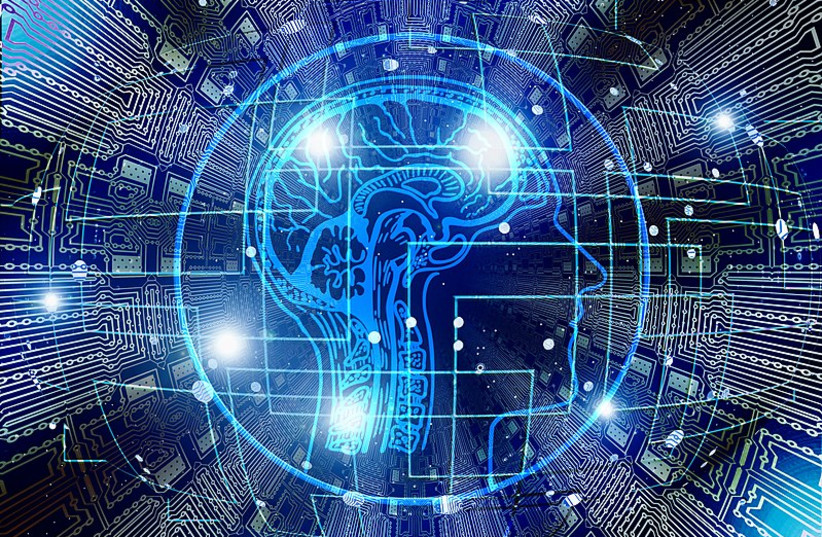A robotic AI system has been developed by scientists that is capable of improving stem cell procedures that are utilized in regenerative medicine.
The development of the robotic AI system was carried out by a joint research group led by Genki Kanda at the RIKEN Center for Biosystems Dynamics Research (BDR). The peer-reviewed research was published in the scientific journal eLife last week.
Where can this tech be used?
One example of the AI system's utilization is having correctly determined the conditions necessary for regrowing retina layers in the eye, which is vital for vision.
There were about 200 million possible conditions in which the AI controlled a trial and error process, according to the study. The reasoning for the reaction of the autonomous system is so that it can determine these conditions and "grow functional retinal pigment layers from stem cells."
This is important because regenerative medicine requires numerous experiments that take an immense amount of time. Creating tissue from stem cells is a process called "induced cell differentiation." Its success depends on finding the correct type, dose, physical variables, cell transfer time and temperature.

The research states that autonomous experiments must have the AI robot produce the same exact "movements and manipulations" to ensure its success, as well as evaluate the results and formulate the next experiment.
The study concludes that the utilization of robotic AI systems will speed up the "systematic and unbiased exploration of experimental search space, suggesting immense use in medicine and research."
